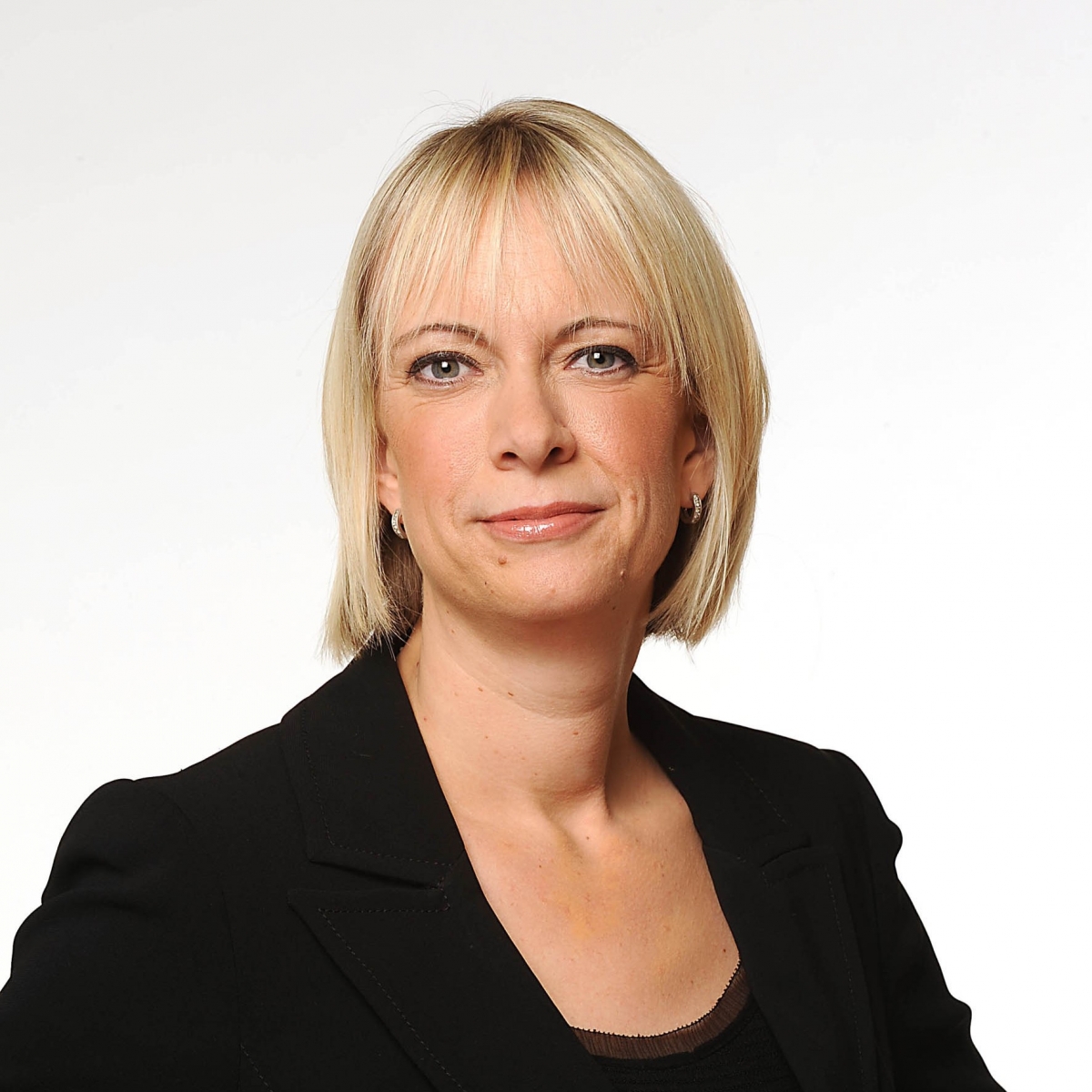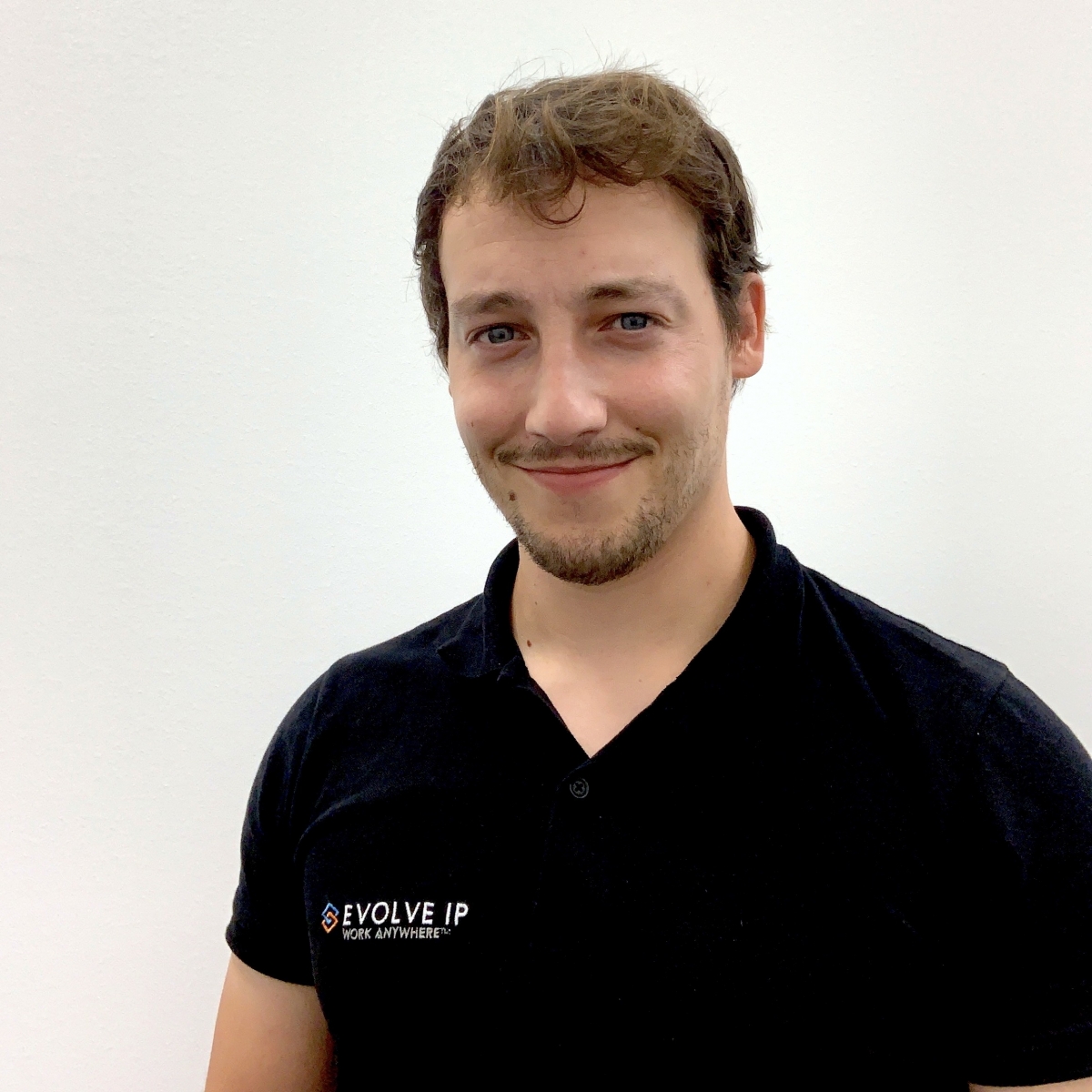 Industry collaboration is critical to driving the channel’s Net Zero agenda, according to thought leaders speaking at last month’s Comms Dealer Channel Forecast insight session which highlighted the importance of knowledge sharing, data transparency, accountability and green-led partnering trends.
Industry collaboration is critical to driving the channel’s Net Zero agenda, according to thought leaders speaking at last month’s Comms Dealer Channel Forecast insight session which highlighted the importance of knowledge sharing, data transparency, accountability and green-led partnering trends.
 Collaboration at scale is the only way for channel firms to achieve progress against sustainability targets, according to Sky’s Group Director of Bigger Picture and Sustainability, Fiona Ball (pictured left). “As a community we are facing the same challenges and focus areas when it comes to driving our sustainability agendas,” she said. “We will move at a much greater speed and achieve far more if we work together and enter conversations with transparency.”
Collaboration at scale is the only way for channel firms to achieve progress against sustainability targets, according to Sky’s Group Director of Bigger Picture and Sustainability, Fiona Ball (pictured left). “As a community we are facing the same challenges and focus areas when it comes to driving our sustainability agendas,” she said. “We will move at a much greater speed and achieve far more if we work together and enter conversations with transparency.”
 For its part, Zen Internet pushes the green agenda at events including Ofcom discussions and Digital Connectivity Forum meetings. Stephen Warburton (pictured left), Managing Director of Partner Division, Zen Internet, noted: “We are around 16 years into our sustainability journey so have lots of learnings to share. We’re encouraging partners to come and talk to us about their own journey and how we can help them.”
For its part, Zen Internet pushes the green agenda at events including Ofcom discussions and Digital Connectivity Forum meetings. Stephen Warburton (pictured left), Managing Director of Partner Division, Zen Internet, noted: “We are around 16 years into our sustainability journey so have lots of learnings to share. We’re encouraging partners to come and talk to us about their own journey and how we can help them.”
As a community we are facing the same challenges and focus areas when it comes to driving our sustainability agendas
 Liam Cadwallader (pictured left), Sustainability Officer, Evolve IP, highlighted that these collaborative conversations are becoming more mainstream as the collective understanding of sustainability issues has increased. According to Cadwallader, this is bringing sustainability to the forefront of partnering decisions. “Almost all new partners we sign up have some level of expectation on sustainability action,” he said. “They want to see credentials either through certifications such as a B Corp or other similar frameworks like an ISO 14000 certificate.”
Liam Cadwallader (pictured left), Sustainability Officer, Evolve IP, highlighted that these collaborative conversations are becoming more mainstream as the collective understanding of sustainability issues has increased. According to Cadwallader, this is bringing sustainability to the forefront of partnering decisions. “Almost all new partners we sign up have some level of expectation on sustainability action,” he said. “They want to see credentials either through certifications such as a B Corp or other similar frameworks like an ISO 14000 certificate.”
Cadwallader states that these requirements are also being filtered down from vendors and that to achieve the highest levels of partnerships with Cisco Evolve IP had to pass several examinations, identify key sustainability stakeholders in the business and present a coherent mission statement with tangible goals. “The expectation for sustainability action is being driven from both sides of the supply chain and we are starting to see the formation of ecosystems comprised of organisations who are all on the same journey,” added Cadwallader.
He also issues the following warning. “In terms of channel partners who’ve not started their Net Zero journey, I would emphasise the need to get on the bandwagon quickly or risk damaging your competitiveness,” he said. “This topic is only going to keep gaining pace as a priority among business decision makers.”
We’re encouraging partners to talk to us about their own journey and how we can help them
One key piece of knowledge our panelists are sharing with their partners is the importance of getting accurate data on emissions so that realistic targets can be set and progress quantified. Ball said: “Your first step has to be measurement because you can’t do anything unless you know where your emissions are.” She recommends that organisations begin by auditing their Scope 1 and Scope 2 emissions to understand and reduce their direct impacts.
Key reductions
Evolve IP began its journey more recently but is already seeing reductions after just three years. Cadwallader stated: “The baseline data we continue to gather has given us our guideposts to measure progress. We are off to the races now and have our Scope 1 and Scope 2 emissions much more within our control.”
Warburton noted that Zen’s current focus is also on Scope 1 despite it only accounting for three per cent of the company’s total emissions. “We are tackling the complex issue of how we get natural gasses out of our headquarters and data centres,” he said. “I have been exploring multiple different technology solutions and have seen good success around router refurbishment.”
Zen has a team dedicated to refurbishing returned routers, enabling the company to get more use out of the equipment. Zen will also invest an estimated £2 million in gas removal through retrofitting. Warburton added: “Despite many seeing Scope 1 and Scope 2 as the easier facets of sustainability to address there are associated financial and operational restraints. Implementing a system whereby all our equipment is refurbished and then sent out has been challenging.”
Almost all new partners we sign have some level of expectation on sustainability action
Sky undertakes lifecycle assessments of its products to identify which components, and at which stage of production, are adding the most to its carbon emissions. This enables product design teams to work out how to significantly reduce its impact, whether through the manufacturer or the materials used. Ball commented: “Once you understand where the opportunities and levers are then your product design teams can design with sustainability in mind.”
Ball also noted that Sky’s current challenge is recreating the accuracy of its Scope 1 and Scope 2 emissions data across Scope 3 impacts. Since 2020 the company has adopted approved SBTI targets across all three Scopes and aims to half its footprint by 2030.
“Completing lifecycle assessments of all our products to paint a more detailed picture has helped,” commented Ball. “This information is replacing spend data as a key metric for working with the thousands of suppliers that add up to our Scope 3 emissions. Slowly but surely, we’re gaining a much more accurate understanding that is helping us make better and more focused decisions.”
This accuracy is key to finding a balance between making fast progress and effective decisions that suit individual businesses, believes Warburton. “Getting data measurement right is an important step because you want to move quickly, but you also need to make the correct decisions when it comes to actions and suppliers,” he stated.
On target
Zen’s goal is to achieve a 50 per cent reduction in Scope 3 emissions by 2030, and a 90 per cent reduction on all three Scopes by 2040. Warburton noted that Zen’s supplier strategy is led by options that have the biggest impact on its business and are the right long-term strategic fit, as opposed to picking the solution that can be implemented and drive results the quickest.
Accurate data is also key to gaining executive and board level buy-in for the necessary investments, observed Warburton. He added: “Sustainability is a complex topic. So, when you are sitting in a boardroom trying to explain terminology things can get lost in translation. Quantified targets form a big part of simplifying communication with business leaders on the how and why.”
Ball linked the importance of clear and simple top level communication to the imperative for resellers and MSPs to collaborate with partners on the key sustainability issues. “Ask questions of partners who have been on this journey for longer to find out what has worked for them,” she said. “Then there is the bigger challenge of working across your whole supply chain to hit Scope 3 targets. The only way this can possibly be achieved is by working collaboratively at scale.”
